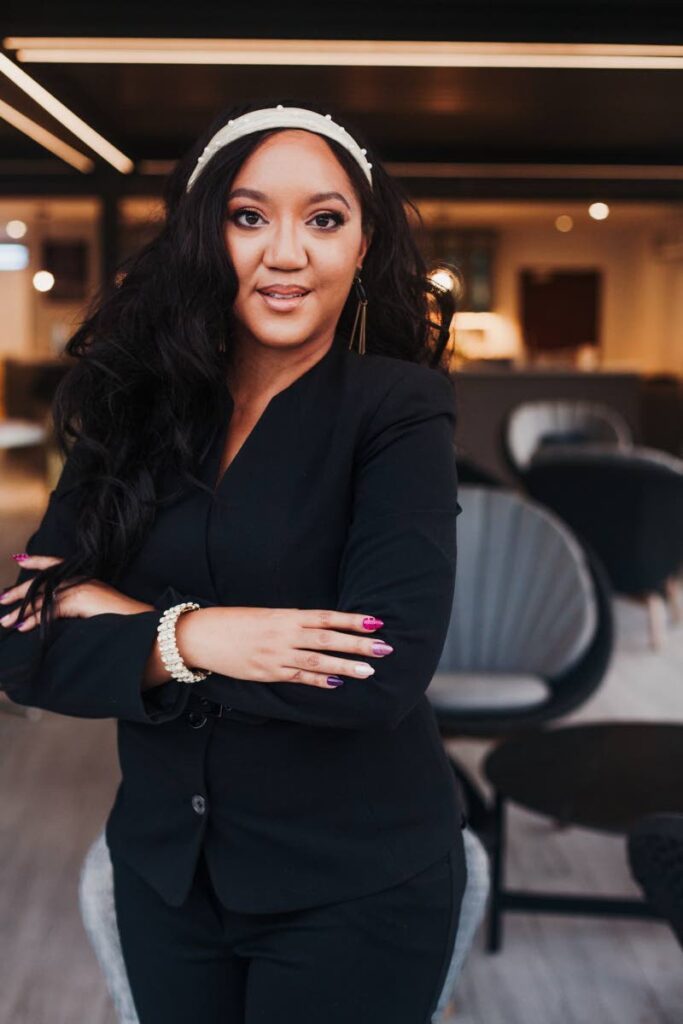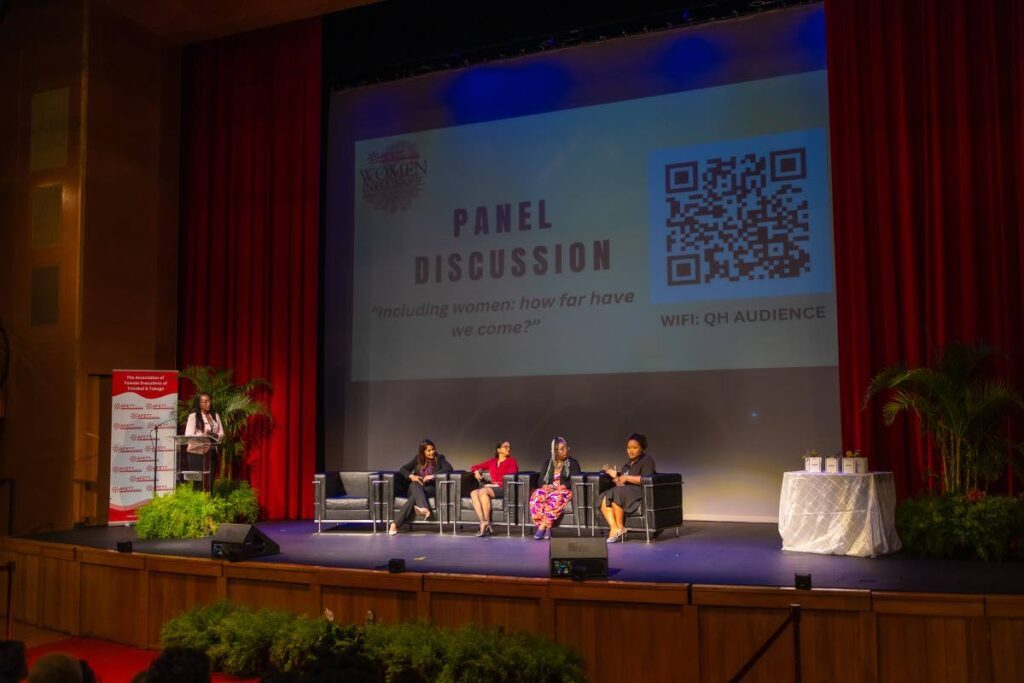Business

SAELESE HAYNES
Women often find themselves balancing multiple roles and responsibilities, not only in their personal lives but also in the professional sphere.
This balancing act can be particularly challenging, as societal expectations and norms sometimes limit our ability to fully explore our potential.
Little girls are still told that they should be seen and not heard, and in many traditionally male-dominated sectors, women are equally condemned for speaking out or for not speaking up for themselves.
At university, I was told as a “joke” that it made more sense to allow the men in our class to do better than the ladies, as women would eventually give up their legal careers to go off and have babies.
For AFETT’s Women of Influence Awards and Mentorship event on March 27 at Queen’s Hall, I love that there was interest from the audience on both ends of the gender equity scale.
How can women support men while still branching out into our own space? How can men support women in achieving gender equilibrium? Both are fantastic topics to explore.
These questions are not just about finding a balance between supporting our partners while pursuing our own goals; it is also about challenging traditional gender roles and fostering a culture of mutual support and empowerment.
Open, effective communication channels
In a personal setting, one way we can support our partners while still exploring our own prospects is by fostering open and honest communication.
This means having conversations with our partners about our goals, aspirations and the support we need to achieve them. By being transparent about our ambitions, we can create a supportive environment with shared accountability where both partners feel empowered to pursue their dreams.

Set boundaries
Another important aspect of supporting our partners in an equitable manner is setting boundaries both internally and externally for the relationship.
It is essential to establish clear boundaries between our personal and professional lives, ensuring that we have the time and space to pursue our goals while still being there for our partners.
As a multi-hyphenate woman in business, in corporate as well as a wife and mother, I’ve become an absolute boundary bruja in terms of enforcing the limits that I set for sharing up of my time.
Enforcing boundaries may require us to delegate tasks, say no to additional responsibilities or seek support from friends and family.
Additionally, it’s crucial to prioritise self-care and personal development.
On a societal scale, both genders play crucial roles in ensuring that they can each make strides in supporting empowerment and gender equity.
Allyship can look like:
– Education: Partners can educate themselves about the challenges that their counterparts face in society, including discrimination, gender stereotypes and unequal opportunities.
– Listen and amplify voices of change: This would involve actively listening to people who advocate for gender equity and ensuring that their voices are heard and respected in all settings.
– Challenge gender stereotypes: Both men and women can challenge traditional gender stereotypes and norms that limit opportunities for others, both in their personal lives and in the wider community.
– Share responsibilities: Men and women can share household and caregiving responsibilities. By taking on equal share(s) of domestic responsibilities, cohabitants can help to create more balanced and equitable partnerships.
– Promote inclusive workplaces: We can promote inclusive workplaces by supporting policies that promote gender equality, such as flexible working arrangements and equitable leave entitlements.
As I am no expert in seeing issues from a male perspective, I decided to ask my partner for his take on the topic of how women can support their men while undertaking their own journeys to self-actualisation.
His response was, “Women can support men by making them a part of their journey as well, while keeping in mind that men also have goals that they wish to achieve. Men are programmed to be providers, so naturally, men will seek the interest of their partner. As a team, one has to give for the other to grow, but it should not feel as though it is one-sided. Reciprocation is essential.”

By working together as equal but different partners, we can create a more inclusive and supportive society where both men and women can thrive.
It seems that on both ends of the scale, there is a need for creating a culture of mutual respect and encouragement, where both genders feel empowered to pursue their dreams and achieve personal goals. We can dream of and create a more inclusive and supportive society where both men and women can thrive.
This article was submitted by the Association of Female Executives of TT (AFETT).
AFETT is a non-profit organisation formed in 2002 with the goal of bringing together professional women and engaging in networking opportunities, training and business development.
Ask AFETT is brought to you by the Research and Public Advocacy team and addresses issues and concerns of executive and entrepreneurial professionals.
